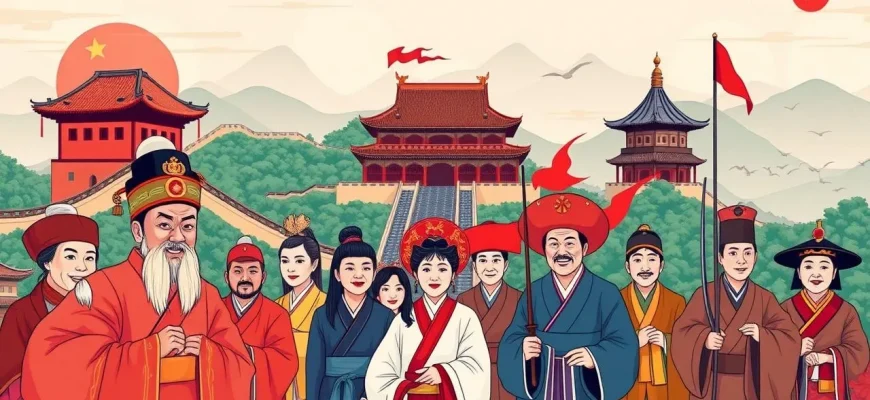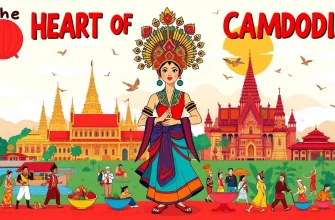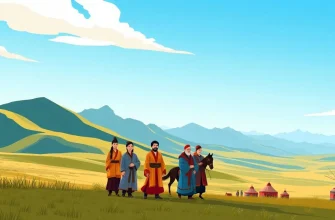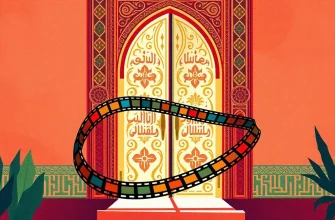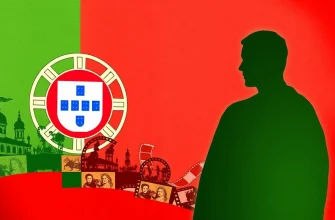Dive into the rich tapestry of Chinese history and culture with these ten compelling biopics. From emperors to artists, these films not only entertain but also educate, offering a glimpse into the lives of some of China's most fascinating figures. Whether you're a history buff, a film enthusiast, or simply curious about Chinese cinema, this selection promises to deliver both inspiration and insight.
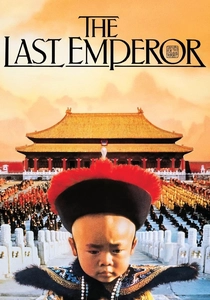
The Last Emperor (1987)
Description: This epic drama chronicles the life of Puyi, the last Emperor of China, from his ascension to the throne at age two to his later years as a gardener in Communist China. It's a poignant exploration of power, loss, and redemption.
Fact: The film was the first Western picture to be allowed to film in the Forbidden City. It also won nine Academy Awards, including Best Picture.
 Watch Now
Watch Now
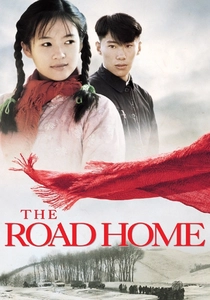
The Road Home (1999)
Description: This film tells the story of a young woman's love for a teacher in a rural Chinese village, reflecting on the traditional values and the changes brought by modernization.
Fact: It was Zhang Yimou's first film to be shot entirely in black and white.
 Watch Now
Watch Now
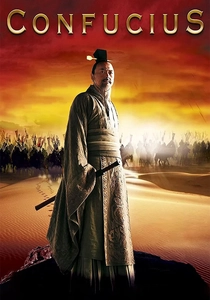
Confucius (2010)
Description: A biographical drama about the life of Confucius, exploring his philosophical teachings and the impact he had on Chinese culture and politics.
Fact: The film was shot in various locations in China, including Qufu, the birthplace of Confucius.
 Watch Now
Watch Now
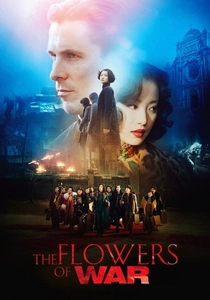
The Flowers of War (2011)
Description: Set during the Nanjing Massacre, this film focuses on a group of schoolgirls and prostitutes hiding in a church, protected by an American mortician.
Fact: The film was China's submission for the Academy Award for Best Foreign Language Film in
 Watch Now
Watch Now
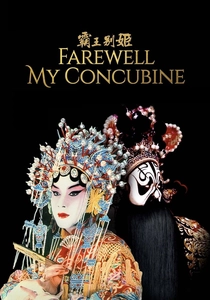
Farewell My Concubine (1993)
Description: Spanning over 50 years, this film follows two Peking opera stars whose lives are intertwined with the tumultuous history of China. It's a story of friendship, love, and the sacrifices made for art.
Fact: The film was banned in China for its controversial portrayal of homosexuality and the Cultural Revolution.
 30 Days Free
30 Days Free
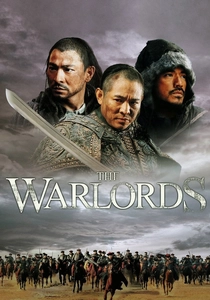
The Warlords (2007)
Description: Based on the story of the Taiping Rebellion, this film delves into the lives of three sworn brothers who rise to power during a time of war and chaos.
Fact: It was one of the most expensive films ever made in China at the time of its release.
 30 Days Free
30 Days Free
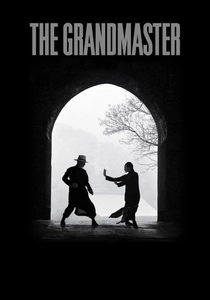
The Grandmaster (2013)
Description: This film chronicles the life of Ip Man, the martial arts master who trained Bruce Lee, set against the backdrop of China's turbulent history in the 1930s and 1940s.
Fact: The film features stunning martial arts choreography by Yuen Woo-ping, known for his work on "The Matrix" and "Crouching Tiger, Hidden Dragon."
 30 Days Free
30 Days Free

To Live (1994)
Description: This film tells the story of a Chinese family's struggle through the various political upheavals in China from the 1940s to the 1970s, reflecting on the resilience of the human spirit.
Fact: Despite its critical acclaim, "To Live" was banned in China for its depiction of the Cultural Revolution.
 30 Days Free
30 Days Free

The Founding of a Republic (2009)
Description: This film dramatizes the events leading up to the founding of the People's Republic of China, focusing on key figures like Mao Zedong and Chiang Kai-shek.
Fact: The film features an ensemble cast of over 170 Chinese stars, making it one of the largest casts ever assembled for a film.
 30 Days Free
30 Days Free

The Emperor's Shadow (1996)
Description: Set during the Qin Dynasty, this film explores the relationship between the first Emperor of China and his childhood friend, a musician, highlighting themes of power, friendship, and betrayal.
Fact: The film features elaborate sets and costumes, recreating the grandeur of ancient China.
 30 Days Free
30 Days Free

